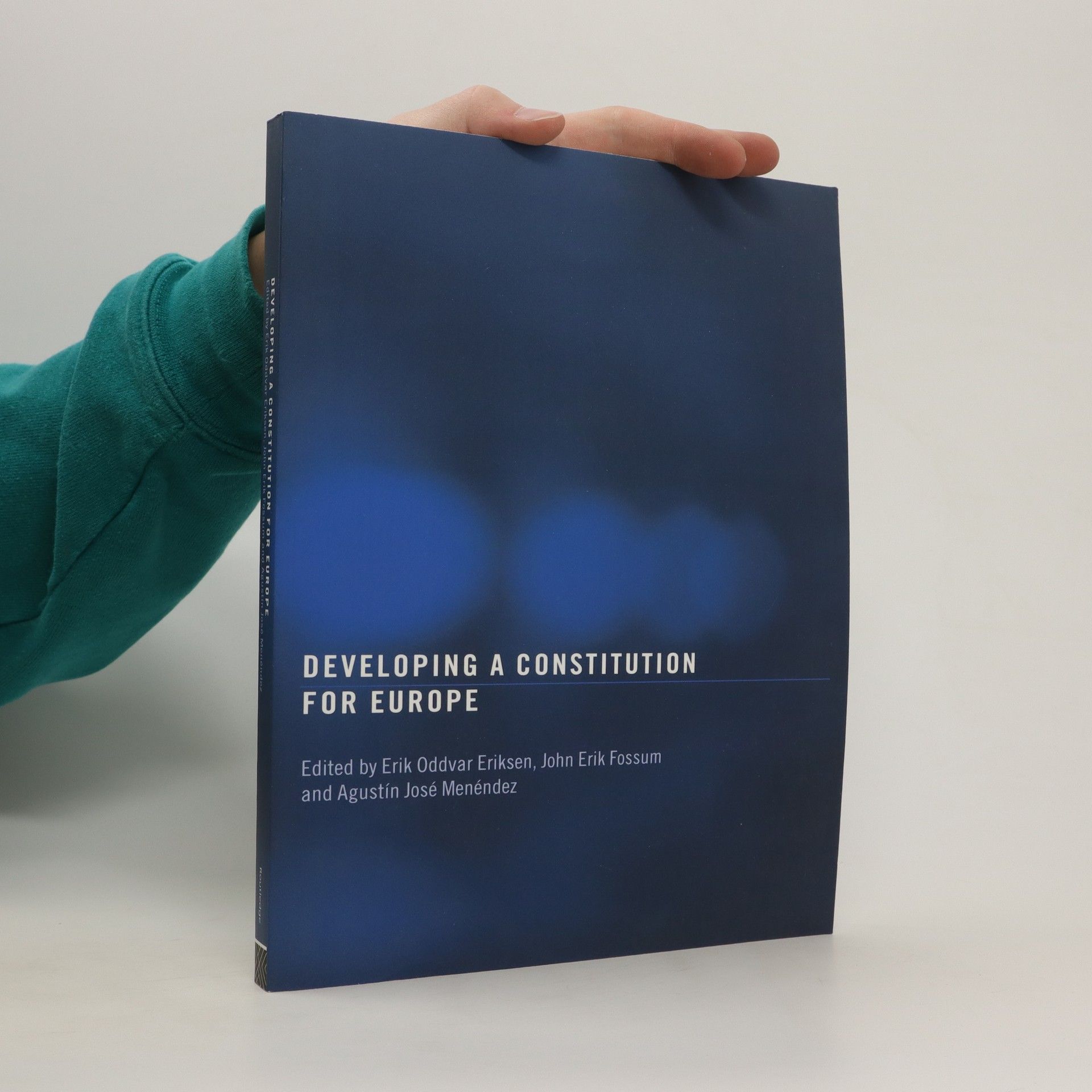Developing a constitution for Europe
- 296pages
- 11 heures de lecture
This new book tackles the challenges of forging a legitimate constitution for the European Union. The EU is currently in the midst of a comprehensive process of reform. These leading authors clarify its constitutional status, taking stock of the European Charter of Fundamental Rights and Convention of the Future of Europe as vehicles to foster and create a European constitution. This engaging new study is an excellent resource for all readers with research and professional interests in this dynamic area.
